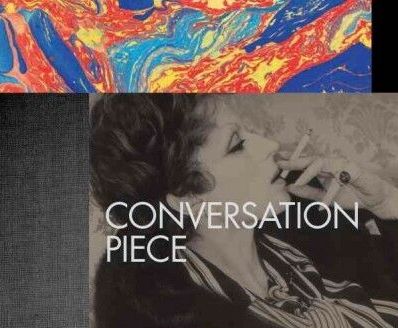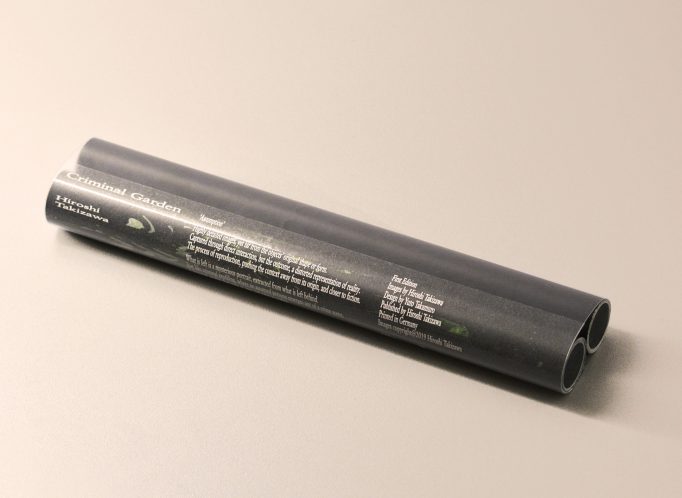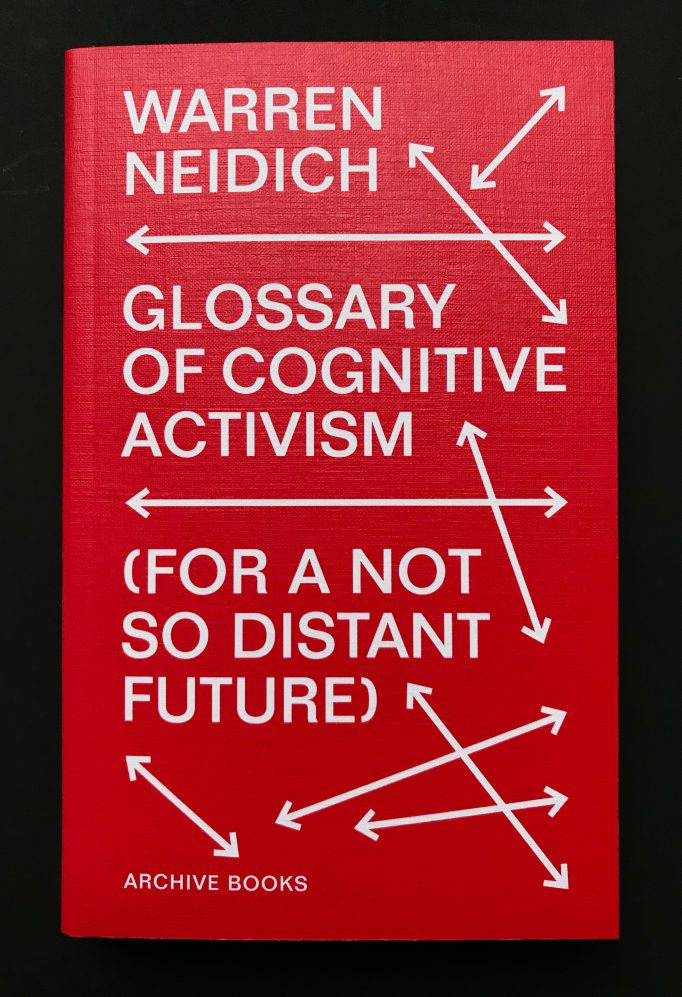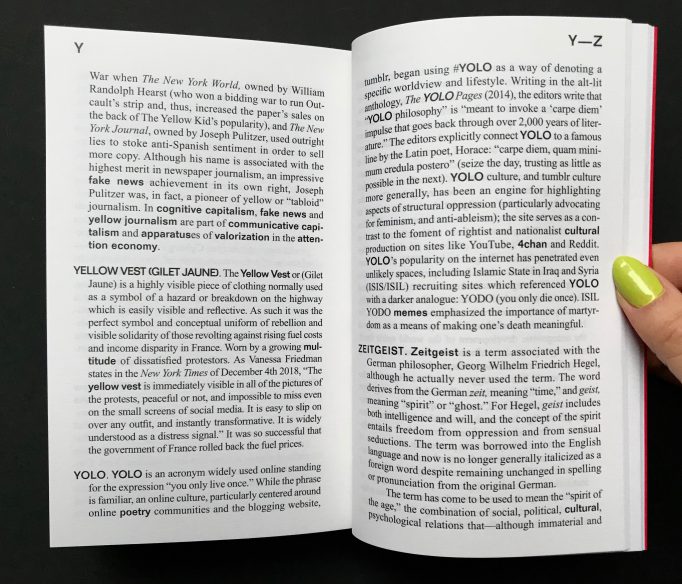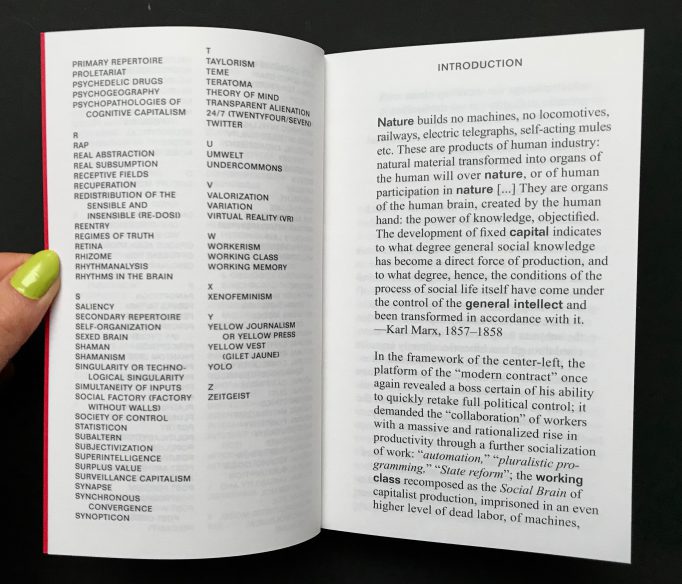Hiroshi Takizawa. Criminal Garden. Motto Berlin. 16-22.11.2019
Posted in Events, Exhibitions, Motto Berlin event, Motto Berlin store on November 28th, 2019Tags: Hiroshi Takizawa, Motto Berlin store, mottoberlin
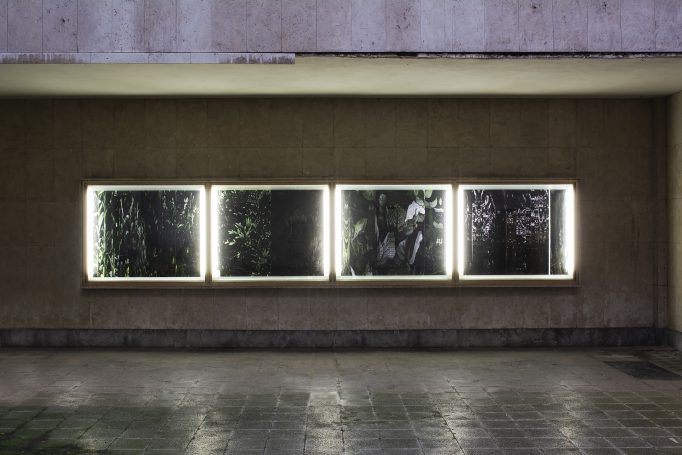
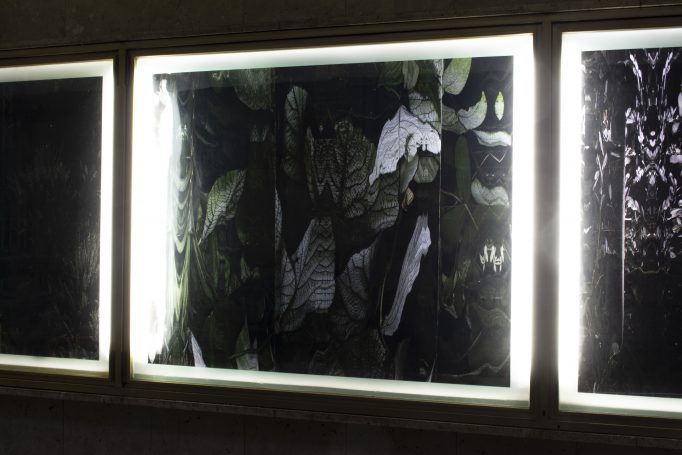
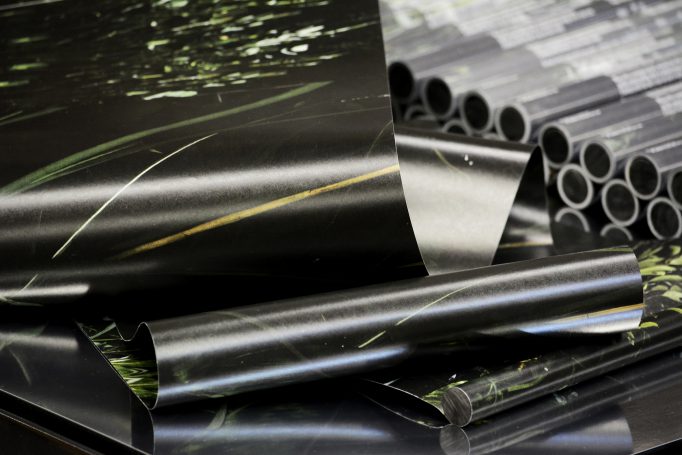
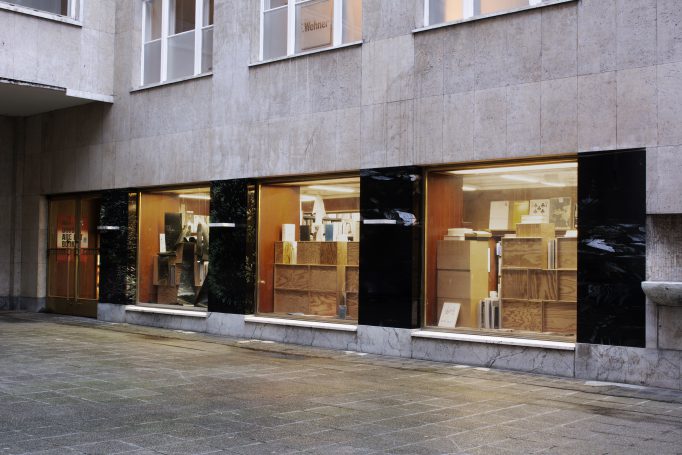
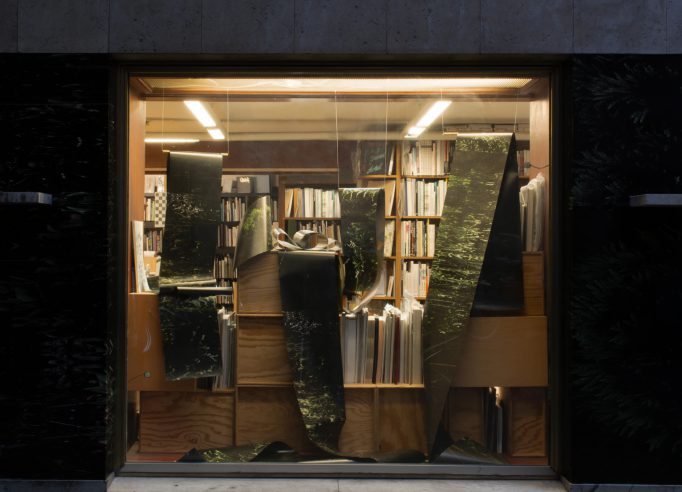
Criminal Garden
Hiroshi Takizawa at Motto Berlin
Criminal Garden
Project01: “Assumption”
Criminal profiling is used as an investigation technique to hypothesize on a suspect figure. An assumed portrait is inferred and emerges from what is left of a particular setting or crime scene. I am intrigued by the development of such assumed figures, as well as the fact that these profiles are fictional and nonexistent unless replaced by an asserted criminal.
“Assumption” consists of scanned images of objects found in ordinary surroundings. Instead of shooting or scanning a flat surface, I chose to scan objects with uneven surfaces as a method to emphasize the distortion of the outcome. As a result, the images are highly detailed, yet far from the objects’ original shapes and forms. The method also allows me to illustrate that the process of reproduction can result in a fictitious representation of an object. To me, there is a similarity in the process of profiling and scanning in the sense that both processes creates a fictional and imaginary image. In this work, I aim create an image of a fictitious profile, although there may not be any criminal context to it. What interests me is that the scanned objects gain a fictional character that reveals the possibility of an additional dimension to its existence, and furthermore, a suggestion that the fictional existence is in fact closer to reality.

